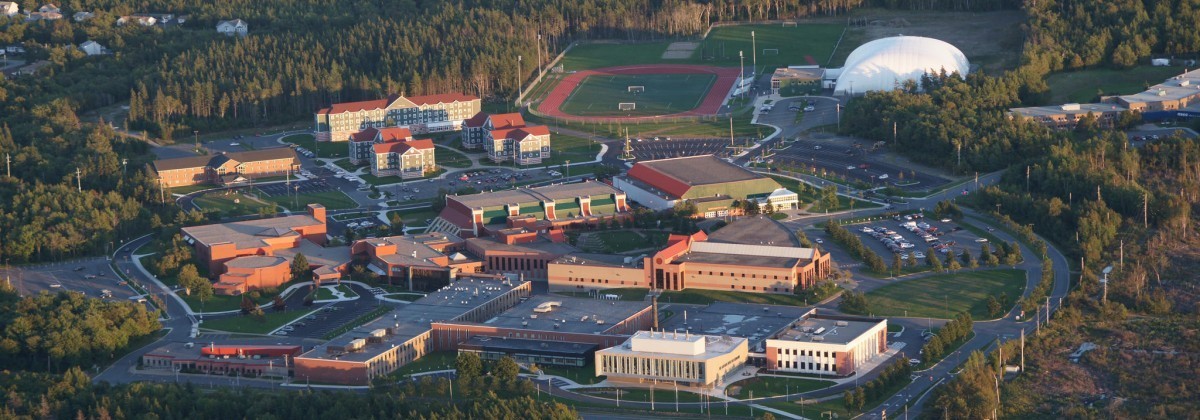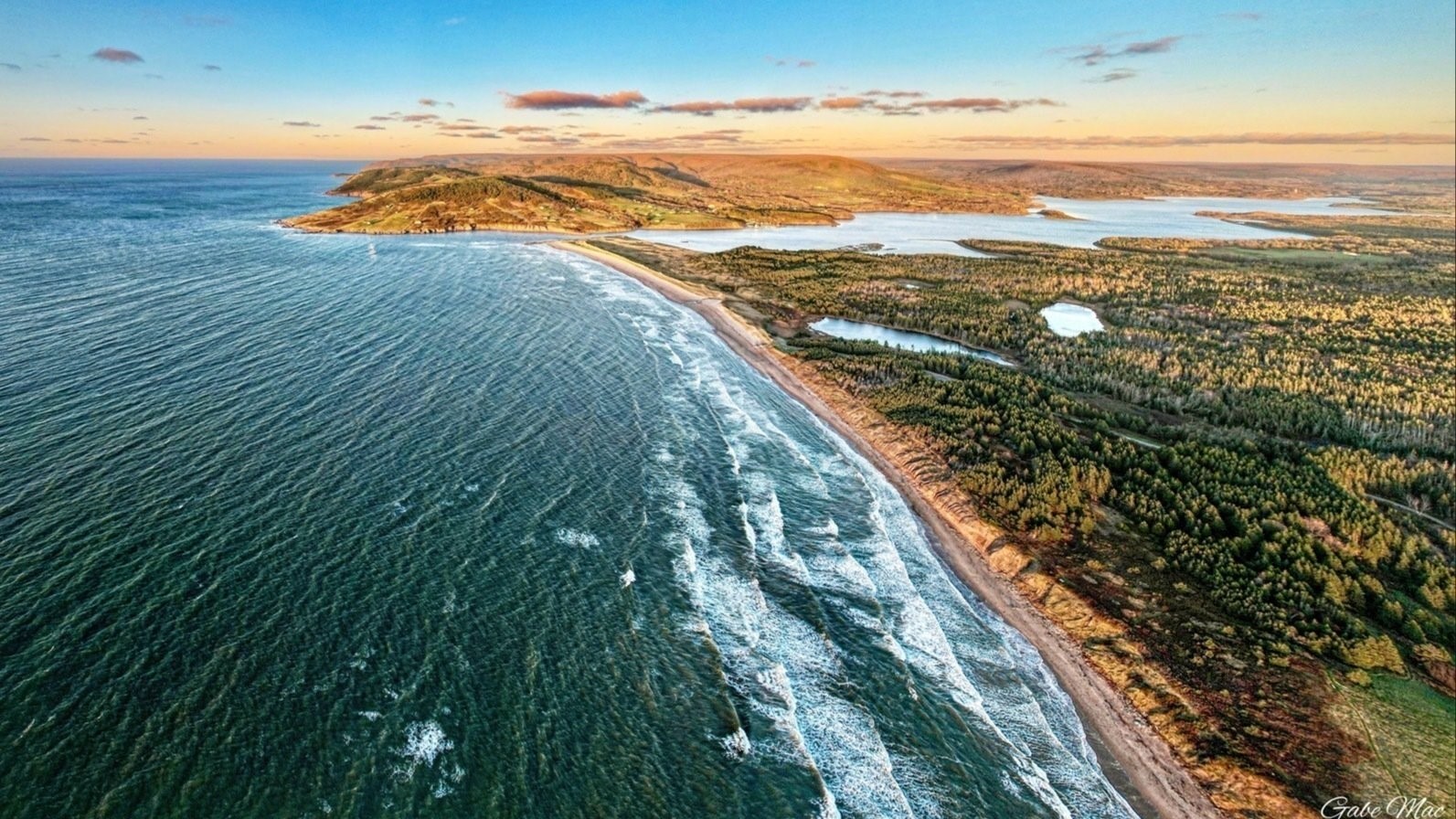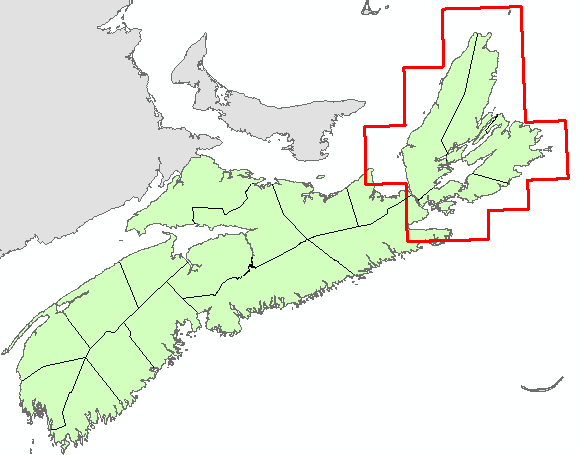Put on your trivia hat - quickly, now.
Who is the largest employer in Cape Breton?
If you said, “Cabot Cape Breton,” you are correct.

Well, according to Cabot CEO Ben Cowan-Dewar: “We’re the largest employer in Cape Breton, and we realize our responsibility to be a good corporate citizen in that community.”
I live in Cape Breton, and instinctively know that this cannot be true. I have never met anyone who works at Cabot. I don’t get out much, it is true, and Cabot does hire people, but the largest employer on The Island?
(Come on, Google,
Too-ra-loo-ra
Too-ra-loo-rye-ay)
If you have ever tried to find out how many human beings work at a particular place, you will know that it is tricky to do. But there are clues.

Cape Breton University, for example, must employ quite a few people.
- The Cape Breton Post has reported that 167 CBU employees make over 100,000 CDN a year.
- There are about 5,511 students enrolled annually at CBU and this number is climbing – it seems weird that a golf resort that closes for 7 months of the year would need more full-time employees than they do.
What does Nova Scotia Works have to say?
- There are 55,900 people in the Cape Breton workforce and that 82% of these workers work fulltime. So, working fulltime does not, as I understand it, include working in a seasonal job. This means that most people in Cape Breton do not work at its largest employer (according to Cabot Cape Breton.)
- The four largest employment sectors in Cape Breton are: in order, healthcare and social services; wholesale and retail trade; educational services; and construction.
I rest my case.
Why do I feel the duty to point out that Cabot Cape Breton, at least part of the time, dramatically overstates its positive impact on Cape Breton Island?
It has to do with Mabou.

Cabot Cape Breton is in the process of trying to lease one third of West Mabou Beach Provincial Park to create a golf course. Logically, and in fairness, our government should summarily reject this venture – this is a “deja vu all over again” moment – as it already did in 1999 when another developer asked to build a golf course on the land in question.
But Cabot does not take “no” for an answer easily.
Cabot is trying to make the case that what is good for Cabot is good for Cape Breton.
Cabot is not in the business of managing Nova Scotia environmentally sensitive land so that it exists long after we do.
So, it is important that we understand what Cabot is saying, and whether it is based in fact or not. This is true of all statements made in public discussions.
As Nova Scotians, we owe it to our province and its future inhabitants to try to understand exactly what is at stake in West Mabou Provincial Park.
This includes asking whether this little fellow, the endangered Piping Plover, is really in the West Mabou Beach Provincial Park?

According to the RECOVERY PLAN FOR PIPING PLOVER (CHARADRIUS MELODUS MELODUS) IN NOVA SCOTIA, it is. West Mabou Beach Provincial Park has been identified as "core habitat for Piping plover."
Hopefully, everyone will learn what they can about our West Mabou Beach Provincial Park and what wonders lie within it. Also, we should all learn more about Cabot Cape Breton, and why it wants to build a golf course in the park.
Provincial parks belong to Nova Scotians, and The RECOVERY PLAN FOR PIPING PLOVER (CHARADRIUS MELODUS MELODUS) IN NOVA SCOTIA, invites, "All Canadians ... to join in supporting and implementing this strategy for the benefit of the Piping Plover, melodus subspecies and Canadian society as a whole."
Let's all contribute to clarity in this public conversation.





1
Log In or Sign Up to add a comment.- 1
arrow-eseek-e1 - 1 of 1 itemsFacebook Comments